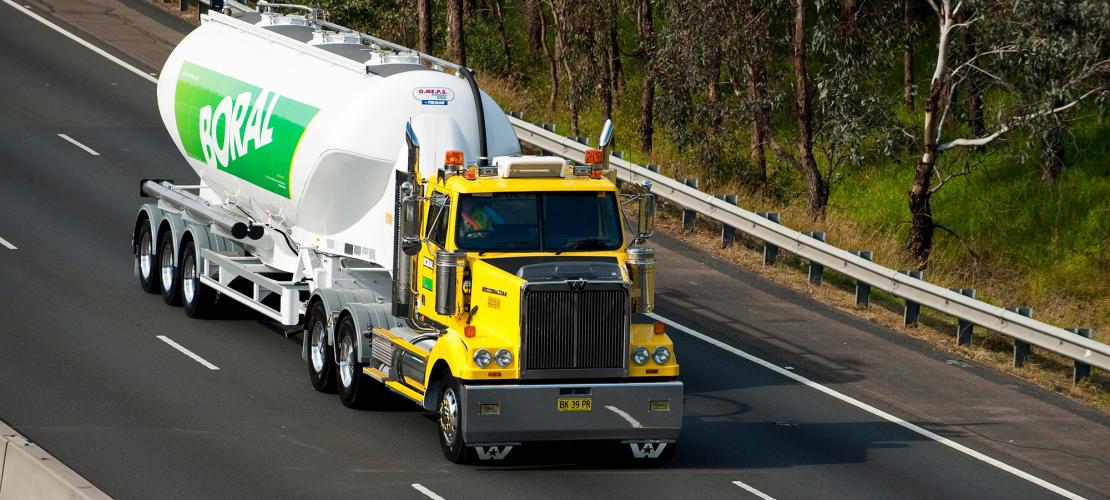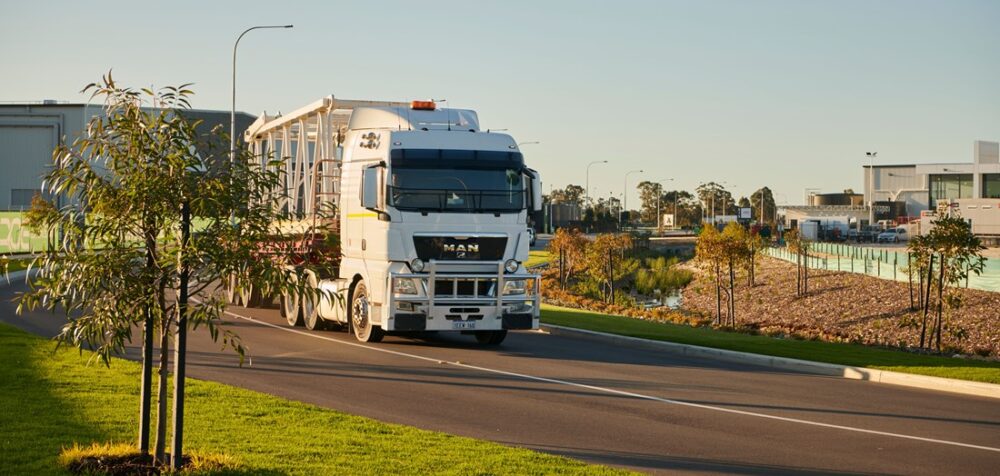
Western Sydney University is paving the way with leading research into recycled concrete products that can aid in the reduction of construction waste.
With a commitment to sustainability, the innovative products can transform how the growing construction industry impacts the environment.
Professor Vivian Tam, Director of the Centre for Infrastructure Engineering, Associate Dean (Research and HDR), Associate (International) and Discipline Leader (Construction Management) at the School of Engineering, Design and Built Environment, has spent the last eight years as one of the co-inventors developing CO2 Concrete.
“More than a third of all the waste generated in Australia each year comes from the construction and demolition sector, so I have been passionate for the last 20 years about researching how we can reuse the material and save it from going to landfill,” said Professor Tam.
“With CO2 Concrete, we put crushed recycled concrete into a pressurised chamber and inject it with carbon dioxide which allows it to be as strong and durable as virgin concrete, while reducing carbon emissions from concrete production.”
Pouring test slabs at Western Sydney University’s Hawkesbury campus in 2019 and Blacktown Animal Rehoming Centre in 2022, the pioneering product could soon be available for commercial use.
“We are currently engaging in high levels of discussion with concrete suppliers about commercialisation with the hope that CO2 Concrete will be able to sell in the market very soon,” said Professor Tam.
“It has many benefits, with sustainability being a major one so it is exciting to have interest from those in the construction industry.”
While those discussions continue, Professor Tam also has her attention on developing another recycled product called Het-Crete, with the use of environmentally friendly chemicals.
“CO2 Concrete is from clean concrete waste but Het-Crete is mixed aggregate from construction and demolition waste which is more difficult to recycle.”
“This will be the world’s first build material for high grade construction so we are researching the processes we can use to speed up this new product development. This will expand the life cycle of the product to benefit the planet.”
Professor Tam received over $1.1 million from the Australian Research Council (ARC) Future Fellowship, to fund this research over four years.
Western Sydney University is committed to tackling society’s grand challenges and has been ranked number one in the world for its social, ecological, and economic impact in the Times Higher Education (THE) University Impact Rankings in 2022 and 2023.









